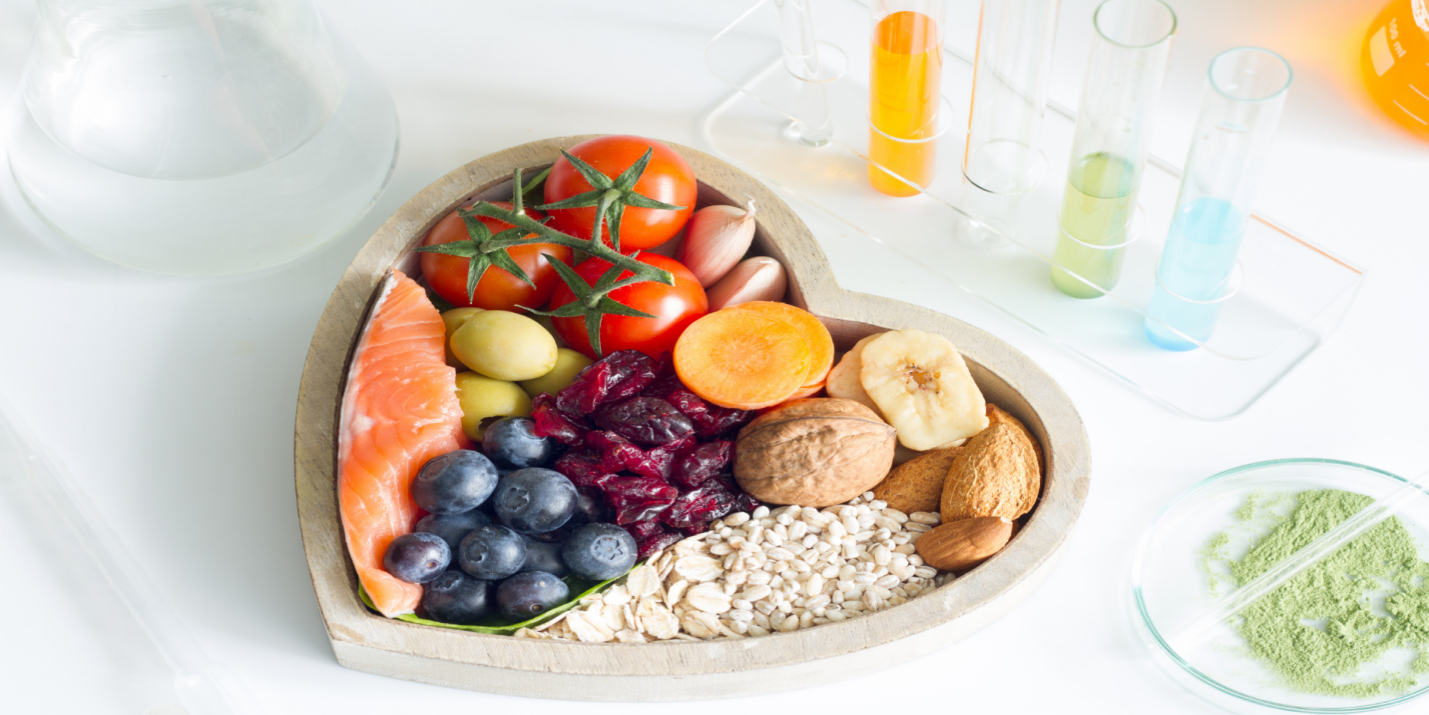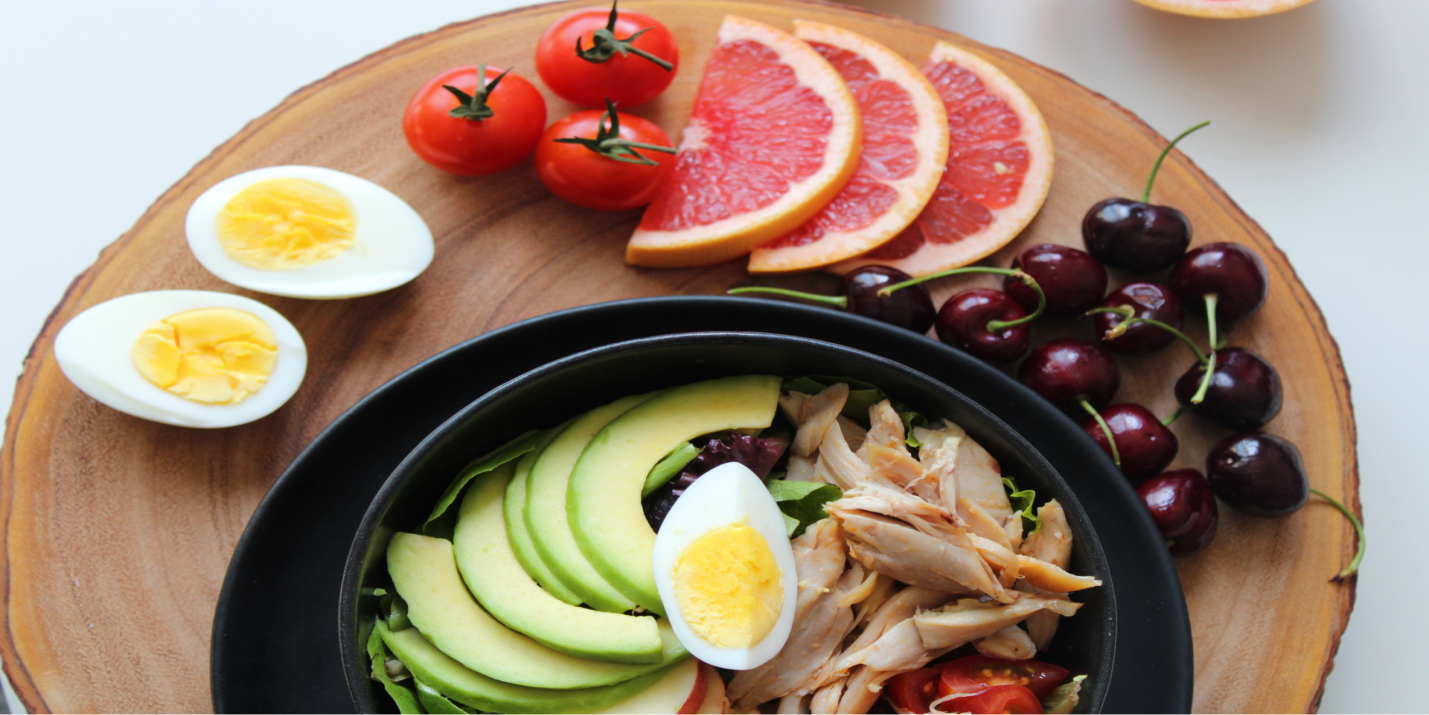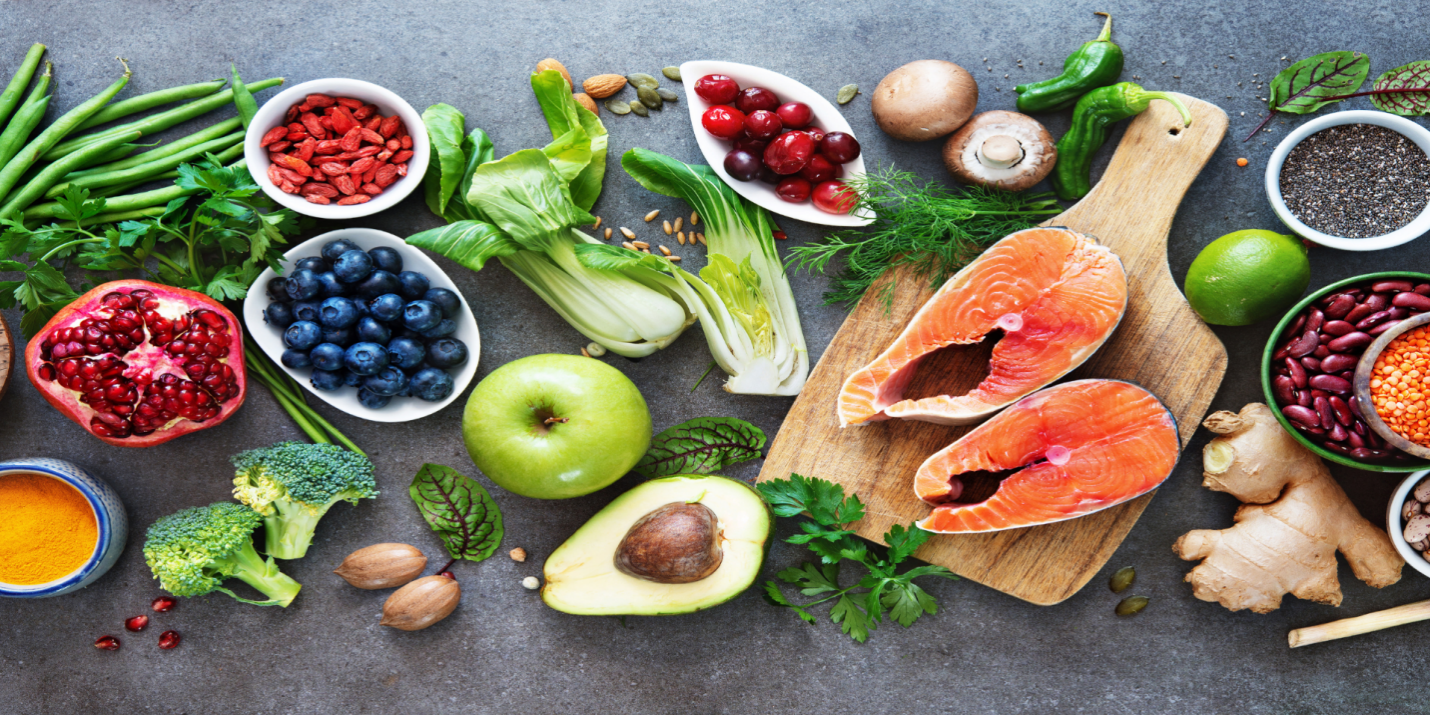Healthy dietary intake critically impacts good health, disease prevention, and well-being. However, when consuming all these processed and convenience foods, one must be guided by a realistic goal: nutrition. That's why this article has been set up to help through helpful tips and real-world strategies for better food choices that enhance long-term health and wellness. It is very easy to base meals on whole, nutrient-dense foods and mindful eating practices. 
How to Eat Healthy
- Eat Whole Foods: Focus on whole foods, such as fruits, vegetables, whole grains, lean meat, and healthy fats.
- These provide all the nutrition your body needs to be as healthy as possible. Wherever possible, avoid processed foods that contain added sugars, unhealthy fats, and excess salt.
- Bring on That Color: Enjoy eating colorful fruits and vegetables. All colors bring about different nutrients, which you can surely get from vitamins, minerals, and antioxidants.
- Orange fruits and veggies are full of beta-carotene, and you'll get a lot of iron and calcium from leafy greens.
- Eat smaller portions. The portion size is one of the controls for the calorie intake. Healthy food is unhealthy if taken in excess.
- Do away with big plates. Cut and serve from the plate, not the package. Do not fill the dishes to the brim.
- Trying more of what you eat will make you not overindulge.
- Cut down on processed foods and sugar
- Less consumption of processed foods that are made up of excessive added sugars, unhealthy fats, and other additives
- A lower intake of processed food also reduces the risk of having chronic diseases such as obesity, heart disease, and diabetes.
- Choose natural, intact, whole foods instead of soft drinks, candies, and snacks.
Eat lean protein sources
Choose lean sources of proteins such as chicken, turkey, fish, beans, and legumes. They contain less saturated fat than red meat and processed food and help keep your heart and body healthy. Other alternatives of an excellent high-protein source without excessive fat in plant-based proteins like tofu, lentils, and quinoa can be used.
How Can I Prepare Balanced Meals?
- Balanced Macronutrients A good diet should ensure the right amount of carbohydrates, proteins, and healthy fats are consumed. Fruits and veggies should occupy half of the plate. One-fourth should be lean protein. Last but not least, whole grains.
- It also balances the kind and quantity of nutrients and fuels the body for energy.

- Healthy Fats : Healthy fats include avocados, nuts, seeds, and olive oil, which fuel the brain to produce proper hormones. They may be consumed in small quantities as this controls cholesterol levels and maintains heart health.
- Trans fats must be kept as low as possible. Saturated fats, which come from packaged and fried products, must not be high.
- Add Whole Grains : Use whole grain sources instead of processed grains (brown rice instead of white rice, quinoa, oats, whole grain bread instead of white bread, pasta, etc.). More fiber means digestion is good, and the person will remain full longer.
Focus on Fiber Intake
- It leads to healthy digestion because there is a lesser chance of overindulgence, keeping you fuller for longer.
- Fruit and vegetables, whole grains, legumes, and nuts may assist in consuming high-fiber diets for proper digestion and efficient prevention of some diseases, such as heart disease and diabetes.
- Drink enough water throughout the day for effective digestion and body temperature regulation.
- Water also helps absorb nutrients from what you take in.
- Make an effort to drink several glasses of water a day and cut down on sugared soft drinks like soda and juice.
- Infused water and herbal teas are great alternatives for hydrating and rejuvenating.

Mindful eating habits
- Portion control: The art of measuring how much you eat is one way of checking on your healthy diet.
- Instead of focusing on what foods to avoid, think about moderation.
- By practicing portion control, you can satisfy culinary indulgence without overindulging.
- Mindful eating may also make it easy to notice the natural sensations in your body between hunger and fullness to avoid overeating.
- Eat slowly: For instance, people who eat slowly chew more slowly and take time to savor the flavors and texture of food, and their brains can register that they are full.
- Slow eating usually results in healthy eating habits and proper digestion.
- Spare some time for undisturbed eating, either while you watch television or work, so that you can do more mindful eating.
- Eat without emotional eating: Some comfort foods are edible when one is feeling stressed or bored, meaning that one would reach for food and end up eating too much and consuming unwholesome foods.
- Be aware and discover what triggers your emotional eating. Find other ways of dealing with emotions or thoughts, such as exercise, meditation, talking to a friend, or even hobbies rather than food.
- Meal and snack planning: When you plan the food you will eat and when you will snack, you simply make better choices. Then, when you are horribly hungry, you just don't dig out the convenient foods. You plan healthy meals and portion healthy snacks; you won't overconsume.
Avoid the pitfall.
- Eat Less Frequently Outside: Restaurant food is always full of calories, unhealthy fats, and sodium.
- Making food in your home is generally easier, and ingredients and portioning can generally control the amount.
- If you are to eat outside, choose grilled food items, salads, and foods with whole ingredients.
- Don't starve yourself: Skipping meals often results in overeating later in the day or, more commonly, poor food choices simply because of extreme hunger.
- Target balanced meals and snacks regularly to keep the blood sugar steady, avoiding bingeing later.
- If you don't have much time for mealtime preparation, consider packing simple, nutrient-dense snacks like yogurt, nuts, or fruit to carry you through the day.
- These tips will help you form a sustainable and balanced diet that will keep you healthy in body and mind. Minor alterations in your lifestyle may improve your well-being, finally allowing you to lead a healthier and happier life.

Conclusion
Healthy food choices can be described as balanced, varied, and thoughtful. Your diet would include more whole foods, lean proteins, and healthy fats. Looking after yourself with respect to eating, drinking, and planning helps you avoid relying on processed food for long-term health.
These tips can be integrated into daily lives to create a healthy and sustaining diet that cultivates physical and mental well-being. Small changes made in food choices by individuals could bring about significant improvements in their overall well-being.









